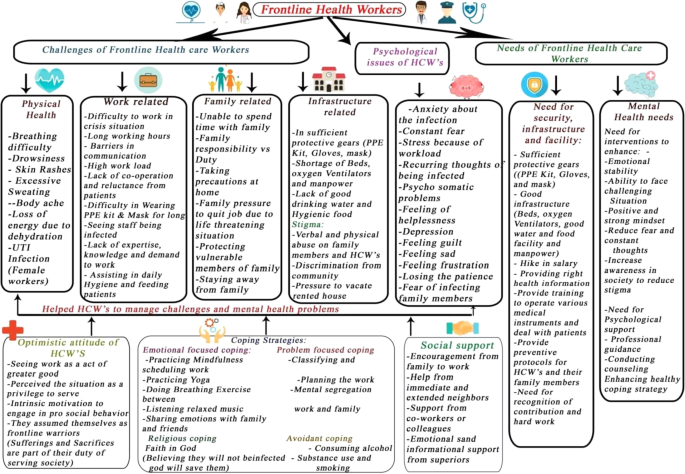How Paid Parental Leave Can Alleviate Concerns Amid Coronavirus-induced Family Stress
In the midst of the pandemic, pregnant women and parents of newborns are facing unique challenges. In addition to worries about exposure to the virus, the restrictions on visitors have left many new parents without customary support from family and friends. This makes the extension of paid family leave even more vital, as the majority of the American workforce currently lacks access to this benefit. Humane provision of maternity and paternity leave has already been proven to have positive effects on infant mortality rates, child development, and dependence on federal welfare benefits. Despite this, only the lowest percentile of wage-earners have this kind of security.
Changes brought in by Families First Coronavirus Response Act offer some solace, with approximately 10 weeks of emergency family leave at about two-thirds the regular wage rate. Regrettably, around 75% of workers are outside of this umbrella, as the benefits are not extended to businesses with more than 500 employees – meaning, many vulnerable workers are left without coverage. Often, businesses of this size offer generous benefits to salaried employees but not to hourly-paid staff.
Small businesses of less than 50 employees have the option of seeking a waiver from the Department of Labor, as the financial constraint of family leave coverage could be crippling. This, however, leaves millions of workers without security at an essential stage of their lives. New parents face difficult choices between their livelihood and caring for their newborns. The continued closure of child care centers compounds the problem.
Lack of support for families will have wide-ranging economic and social effects in the long-term. The risk of lower workforce retention is increased as parents grapple effectively with care and employment. Additionally, the groundbreaking responsibility of child care during the COVID-19 crisis is being disproportionately shouldered by working women, potentially damaging their careers and affecting household incomes.
Amidst these challenges, finding accurate, timely information about parental leave policies can be daunting. For those residing in California, the Employment Development Department (EDD) provides such resources about parental leave benefits. Navigating through the clutter of valuable information, however, may not always be easy. This is where resources such as eddcaller.com can be helpful. The site provides detailed information about EDD services, including how to contact EDD representatives, how to get a hold of Paid Family Leave details, and how to reach an agent at EDD for further assistance. Ultimately, thorough understanding and usage of such services can help mitigate certain stresses for new parents during these trying times.
